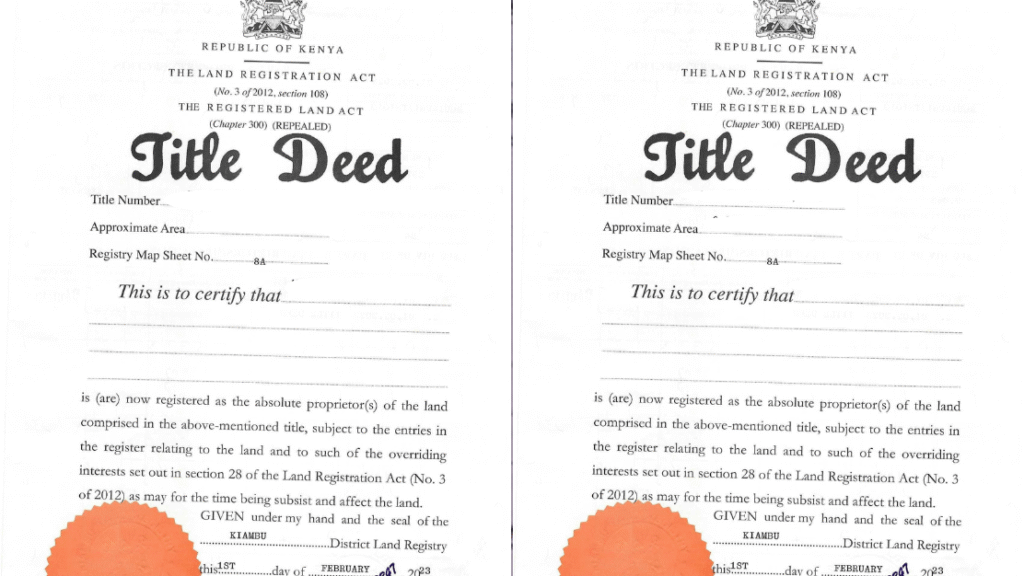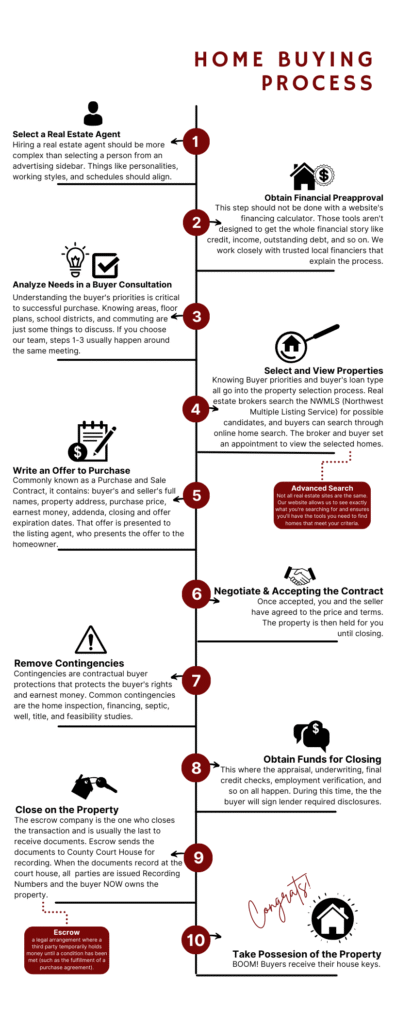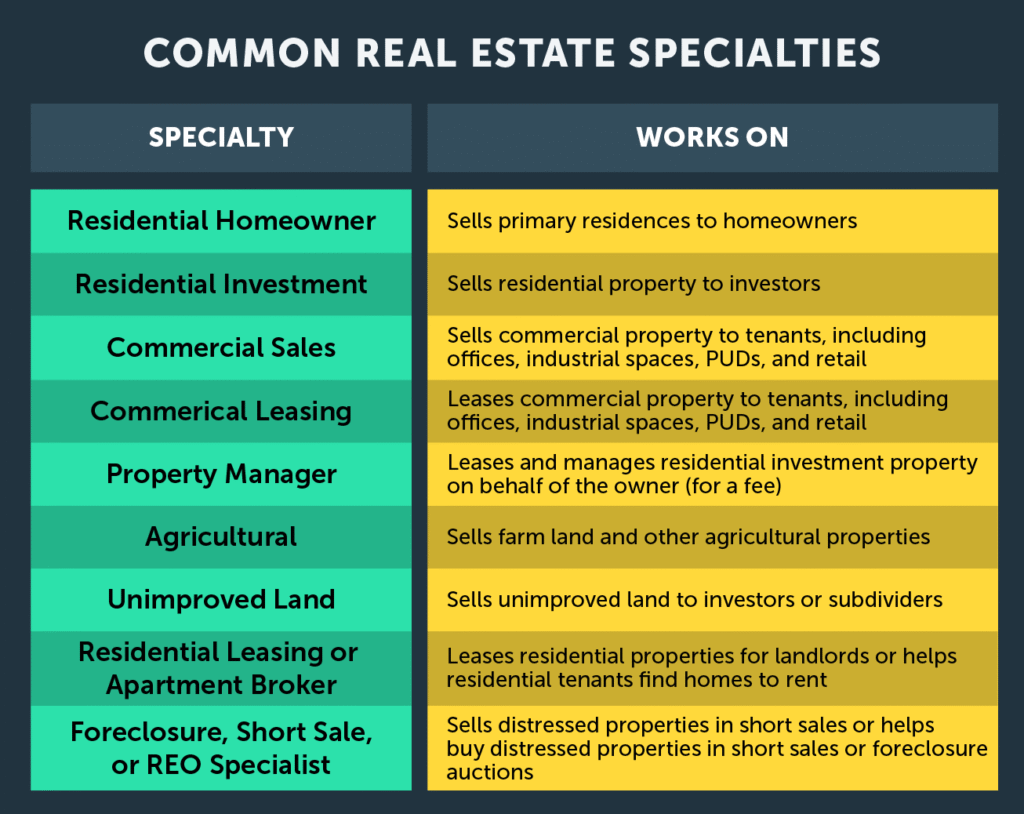Kenya’s real estate market is growing rapidly due to urbanization, population growth, and increased investment. Whether you’re looking to buy your first home, invest in land, or understand how property transactions work, it’s important to know how the real estate system operates in Kenya.
In this guide, we’ll walk you through:
- The legal framework for property ownership
- How to buy or sell property
- Key players in the industry
- Investment options and trends
- And tips for avoiding fraud
📜 Legal Framework of Real Estate in Kenya
Kenya follows a land registration system based on English common law, with regulations governed by several key laws:
| Law | Purpose |
|---|---|
| Land Registration Act (2012) | Governs how land is registered and transferred |
| Land Act (2016) | Regulates land administration, valuation, and use |
| National Land Commission Act | Establishes the NLC to manage public land and advise on policy |
| Registration of Titles Act | Governs freehold and leasehold titles |
📌 Key Fact: There are two main types of land ownership in Kenya:
- Freehold : Full ownership of land indefinitely
- Leasehold : Ownership for a fixed period (usually 99 years)
Foreigners cannot own freehold land , but they can lease land for up to 99 years.

🧭 How to Buy Property in Kenya
Buying property in Kenya involves several steps to ensure legality and transparency.
Step-by-Step Process:
- Find a Property
- Through real estate agents, online platforms like BuyKenya or direct sellers.
- Conduct Due Diligence
- Hire a licensed land surveyor or advocate to verify:
- Title deed authenticity
- Encumbrances (mortgages, disputes)
- Compliance with zoning and planning laws
- Hire a licensed land surveyor or advocate to verify:
- Negotiate & Sign Offer Letter
- Agree on price and terms.
- Pay a booking fee (if applicable).
- Prepare Sale Agreement
- Drafted by a lawyer.
- Includes payment plan, possession date, and conditions.
- Transfer Process
- Advocate prepares transfer documents.
- Buyer pays stamp duty and land registration fees.
- New title is registered at the Registrar of Titles .
📌 Timeline: Typically takes 4–8 weeks , depending on complexity.

🏛️ Key Players in the Kenyan Real Estate Industry
Several professionals and institutions are involved in property transactions:
| Role | Responsibility |
|---|---|
| Real Estate Agent/Broker | Facilitates buying, selling, and renting of properties |
| Advocate/Lawyer | Conducts due diligence and prepares legal documents |
| Land Surveyor | Verifies boundaries and title details |
| Valuer | Assesses property value for sale or mortgage |
| National Land Commission (NLC) | Manages public land and advises on land policy |
| Registrar of Titles | Registers and issues land title deeds |
| Banks & Mortgage Providers | Provide financing for property purchases |

💰 Types of Real Estate Investments in Kenya
There are various ways to invest in real estate:
1. Residential Property
- Apartments, townhouses, and family homes
- Popular areas: Karen, Lavington, Kilimani, Ruiru
2. Commercial Property
- Office spaces, retail shops, malls
- Hotspots: Upper Hill, Westlands, Mombasa Road
3. Industrial & Warehousing
- Near Nairobi Industrial Area and Mombasa port
4. Land Banking
- Buying undeveloped land for future appreciation
- Emerging areas: Konza, Athi River, Naivasha
5. Affordable Housing Projects
- Government-backed schemes under the Big Four Agenda
📌 Expected Returns: 5% to 15% annually , depending on location and type.
📈 Current Trends in Kenya’s Real Estate Market
Kenya’s property sector is evolving with new opportunities and innovations:
- Smart Cities: Tatu City, Konza Technopolis
- Affordable Housing Programs: Supported by government and banks
- Digital Platforms: Online listings and crowdfunding- BuyKenya
- Green Building: Rise in eco-friendly developments
- REITs (Real Estate Investment Trusts): First REIT launched in 2020
⚠️ Common Real Estate Scams to Avoid
Unfortunately, property fraud is common in Kenya. Here’s how to protect yourself:
| Scam Type | How to Avoid It |
|---|---|
| Fake Title Deeds | Always conduct due diligence through a licensed lawyer or surveyor |
| Double Selling | Verify that the seller is the sole owner |
| Unlicensed Agents | Use only ISK-certified brokers |
| Fraudulent Developers | Research company background and past projects |
| Phony Listings | Visit the property in person before paying any deposit |
📌 Tip: Never pay large sums upfront without verified documentation.
🎓 Careers in Real Estate
If you’re interested in working in the sector, here are popular career paths:
| Job Role | Description |
|---|---|
| Real Estate Agent | Helps clients buy, sell, or rent property |
| Property Valuer | Assesses land and building values |
| Property Manager | Oversees residential or commercial properties |
| Developer | Plans and executes construction and development projects |
| Consultant | Advises on property investments and market trends |
🎓 To enter the field, consider studying real estate at institutions like:
- University of Nairobi
- Jomo Kenyatta University of Agriculture and Technology (JKUAT)
- Technical University of Kenya
📊 Salary Expectations
Salaries vary depending on experience and employer:
| Experience Level | Monthly Salary Range (KES) |
|---|---|
| Entry-Level | 30,000 – 60,000 |
| Mid-Level | 70,000 – 150,000 |
| Senior / Managerial | 150,000 – 300,000+ |
Entrepreneurial graduates who start their own firms or invest in property can earn significantly more.
Conclusion
Understanding how real estate works in Kenya is essential whether you’re buying your dream home, investing in land, or starting a career in the industry.
From legal frameworks and buying processes to investment opportunities and career paths, the Kenyan real estate market offers something for everyone—whether you’re a local or international investor.
With the right knowledge, professional support, and due diligence, you can navigate the market confidently and make smart, profitable decisions.
Frequently Asked Questions (FAQs)
Q1: Can foreigners buy property in Kenya?
A: No, foreigners cannot own freehold land but can lease land for up to 99 years.
Q2: What is the average return on real estate investment in Kenya?
A: Between 5% and 15% annually , depending on location and property type.
Q3: Is it safe to invest in land in Kenya?
A: Yes, especially if you conduct proper title verification and work with certified professionals.
Q4: How do I verify land ownership in Kenya?
A: Visit the Registrar of Titles or hire a licensed land surveyor and lawyer.
Q5: Are there REITs (Real Estate Investment Trusts) in Kenya?
A: Yes, Kenya launched its first REIT in 2020—offering small investors access to income-generating commercial properties.
